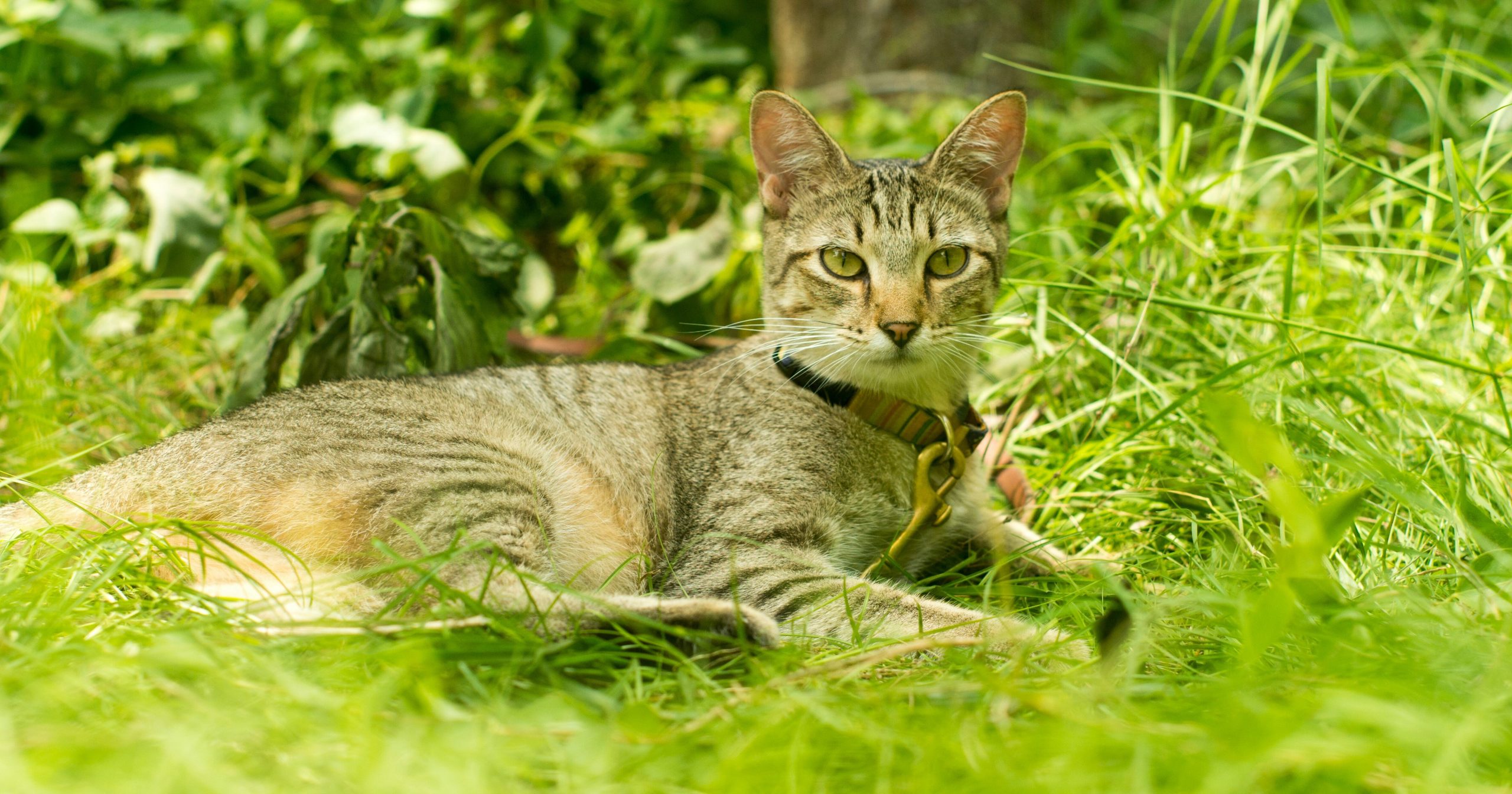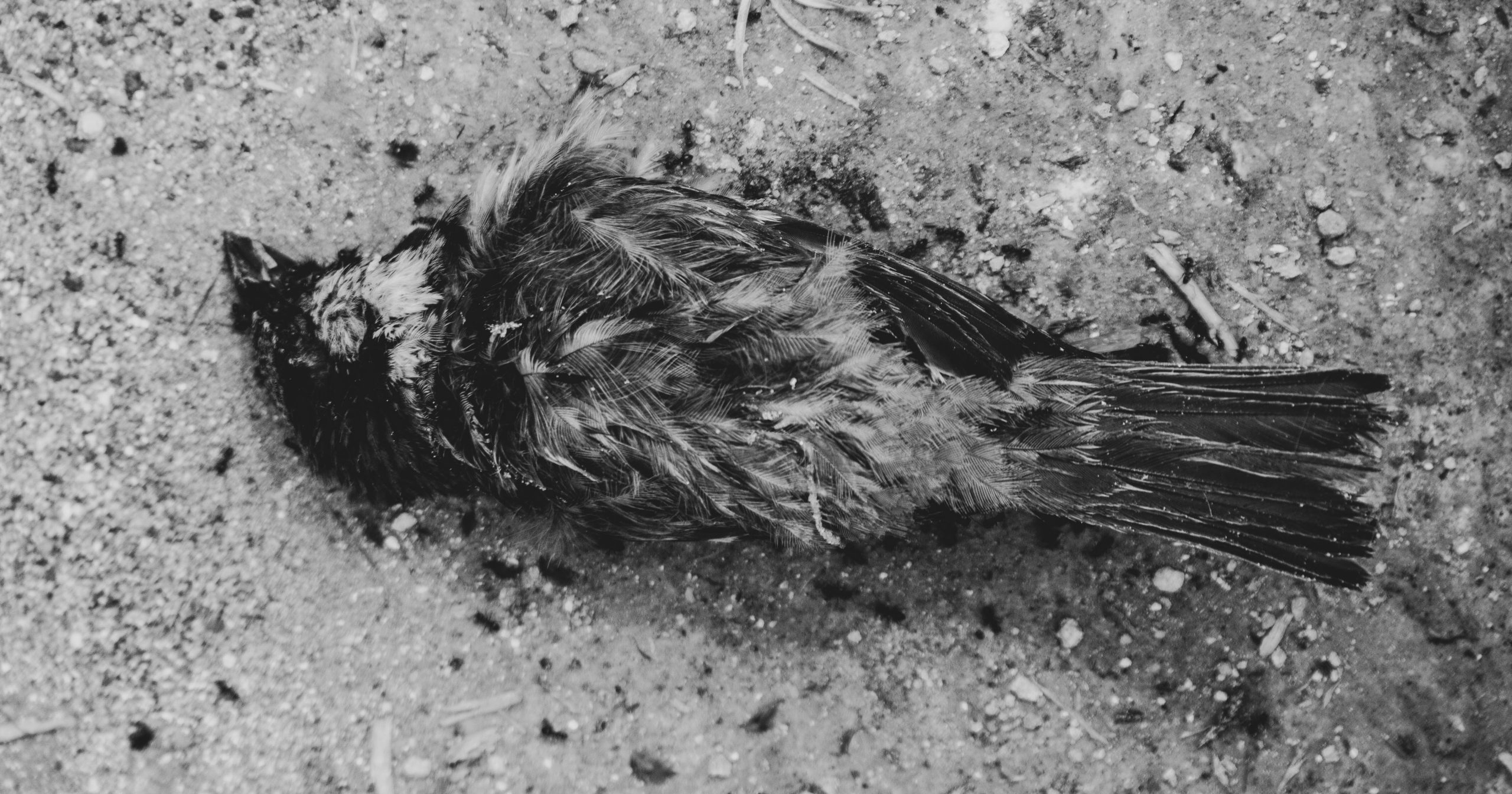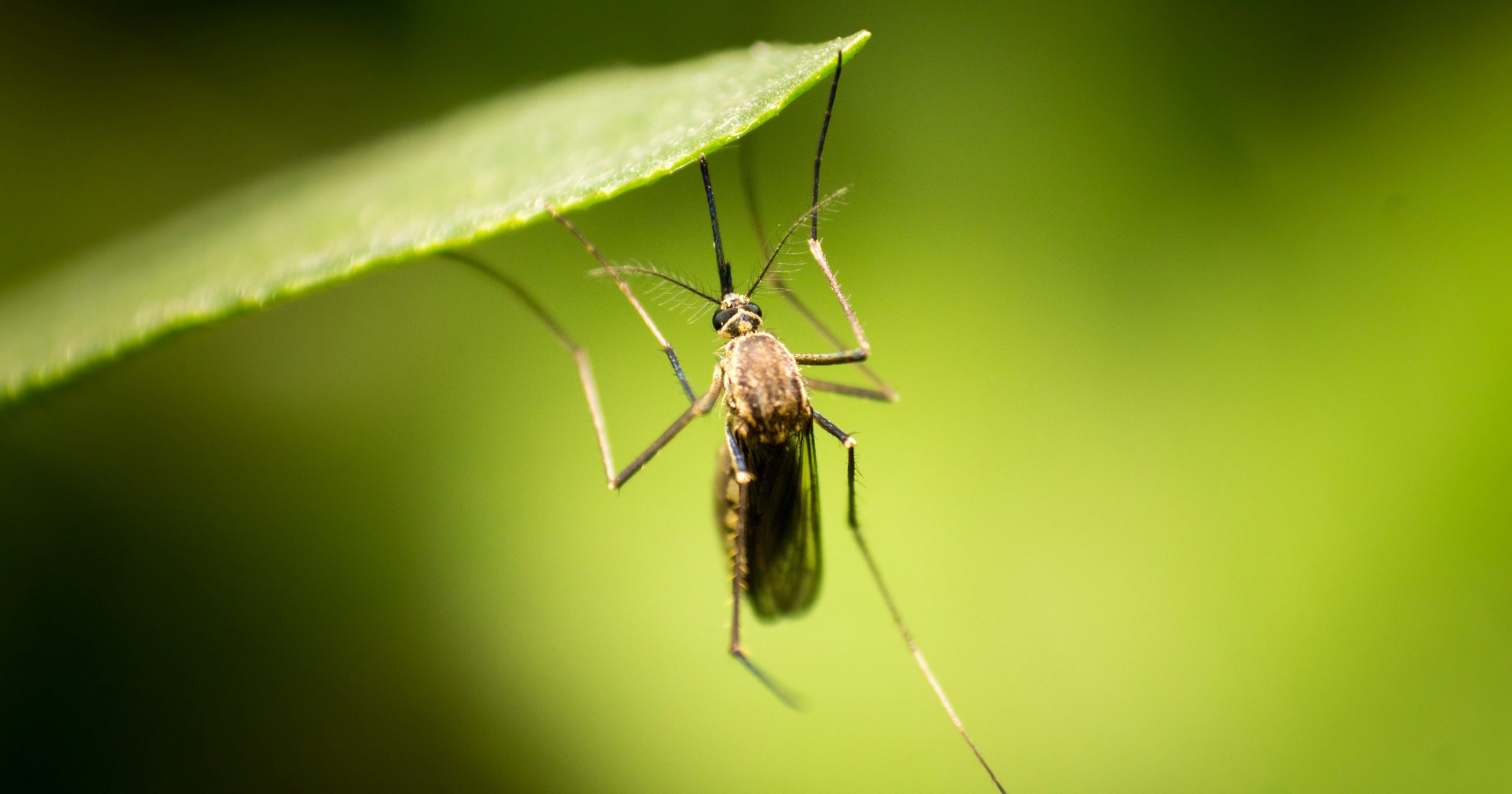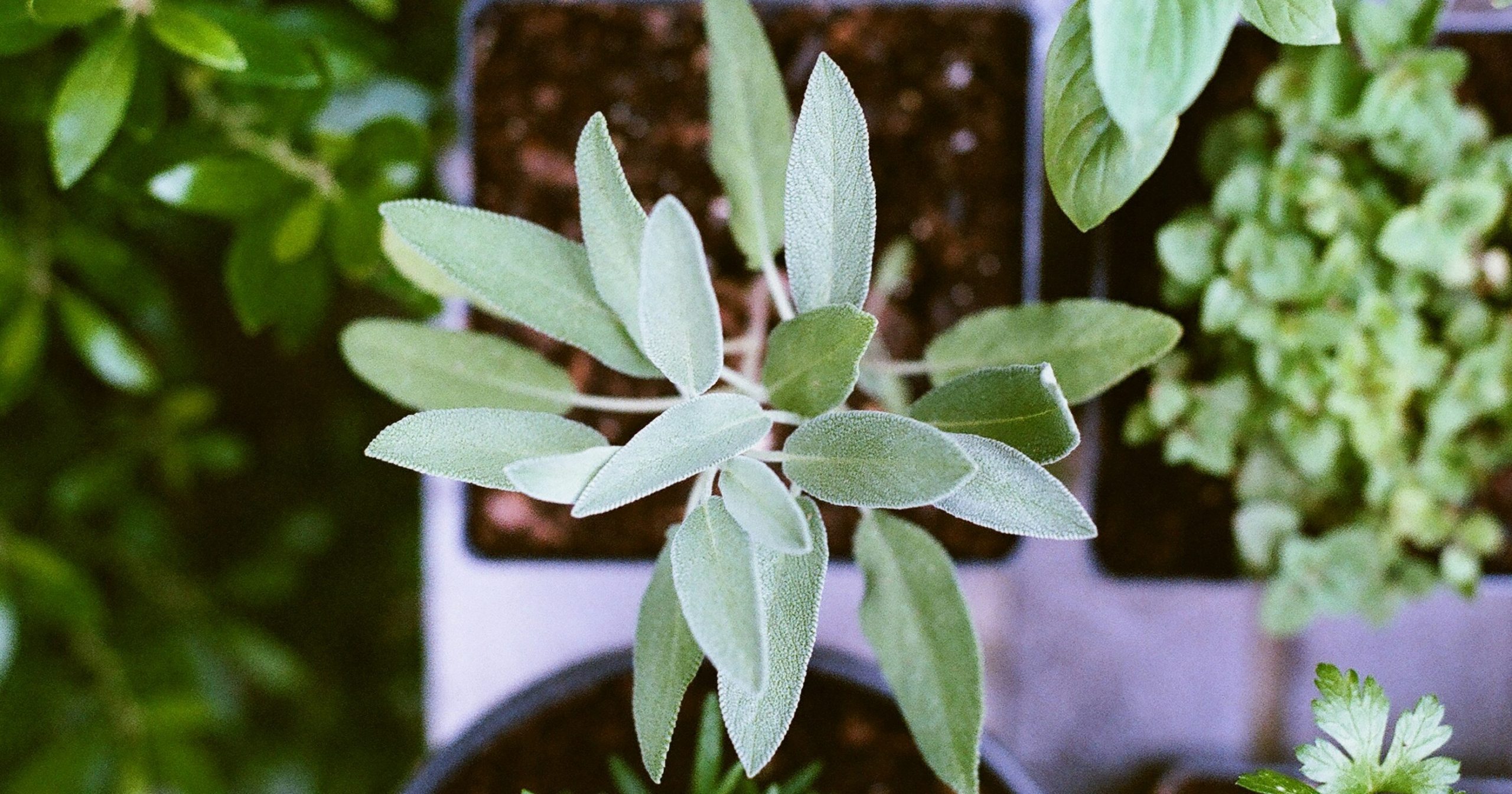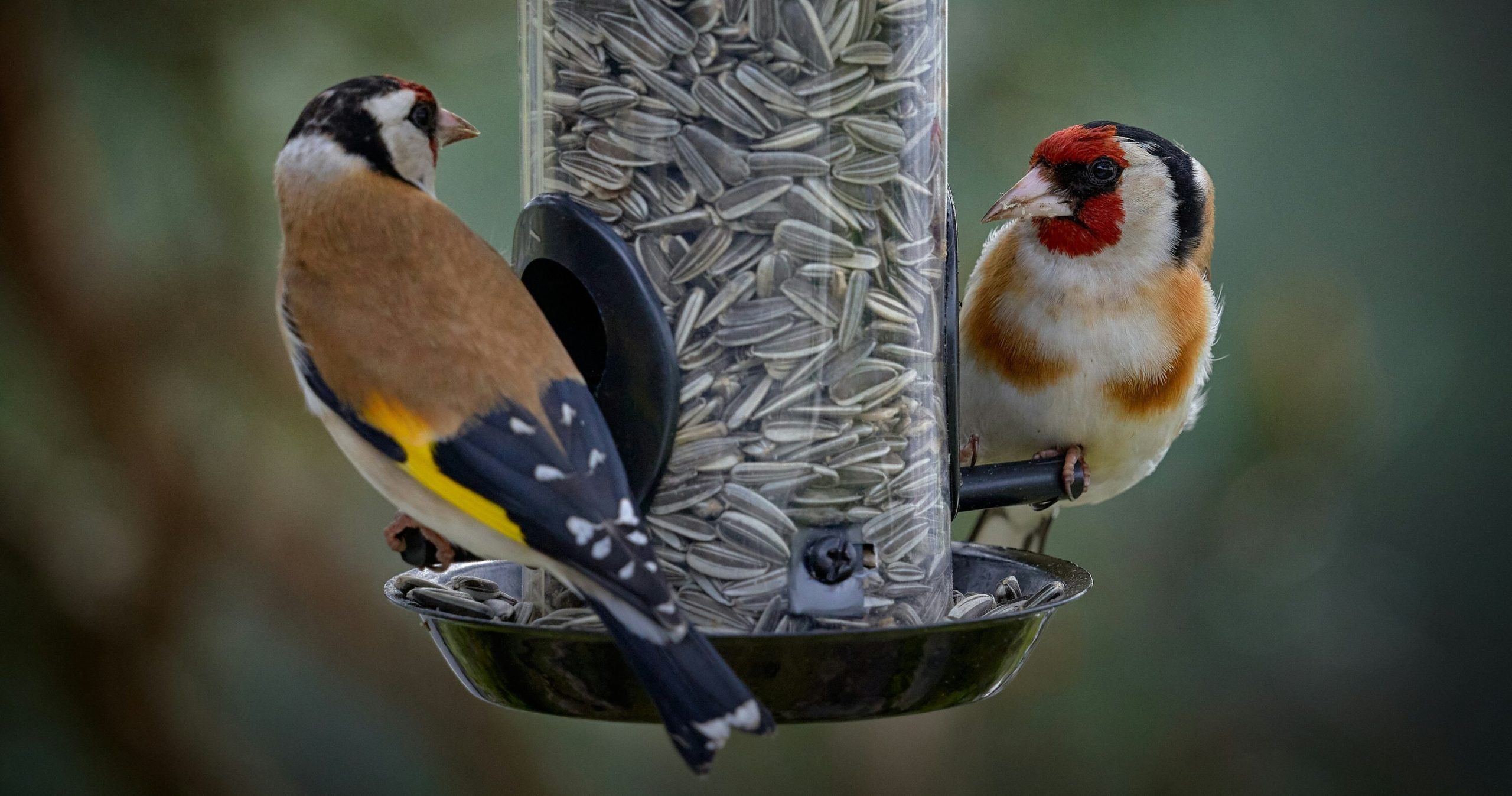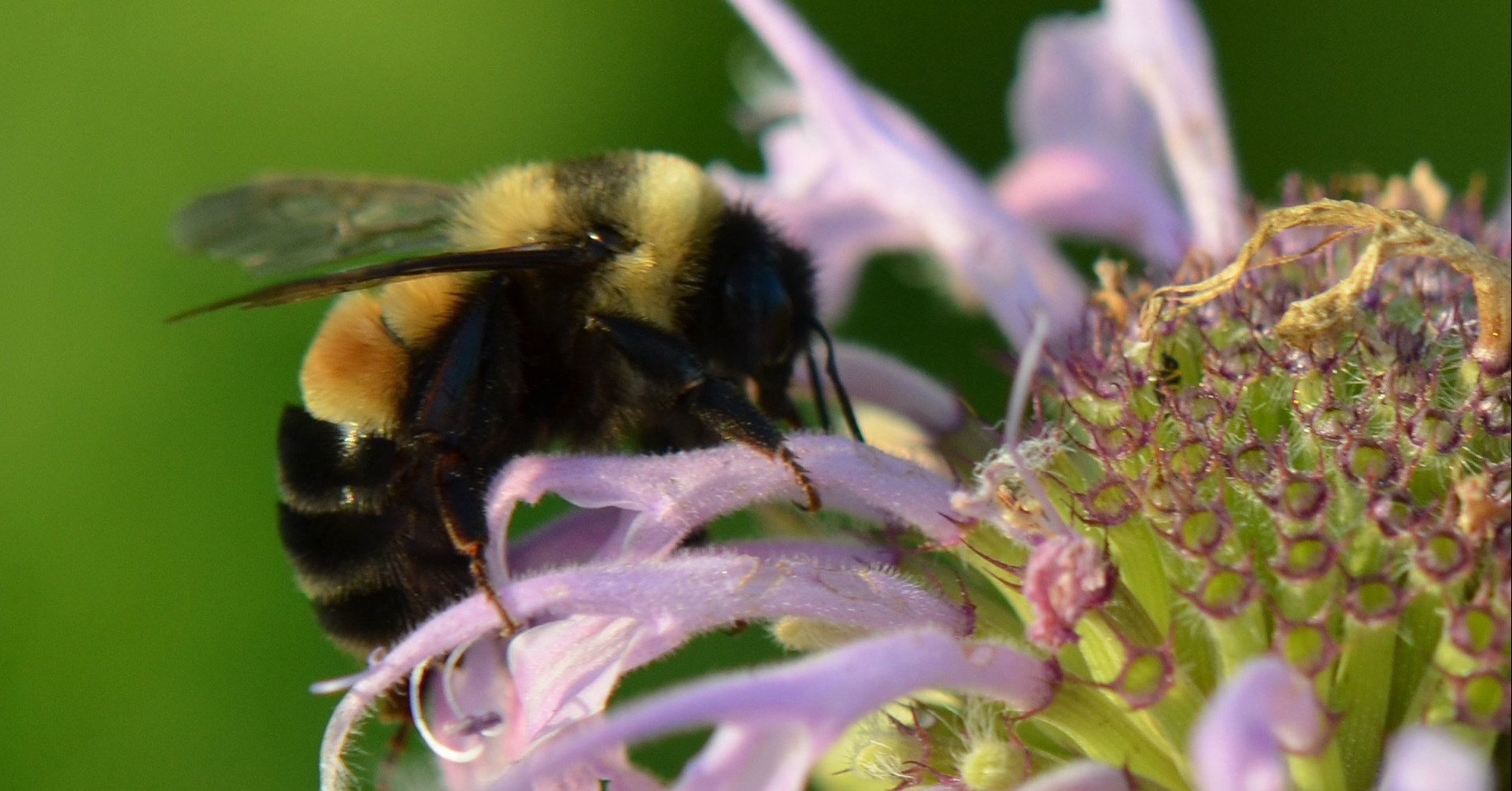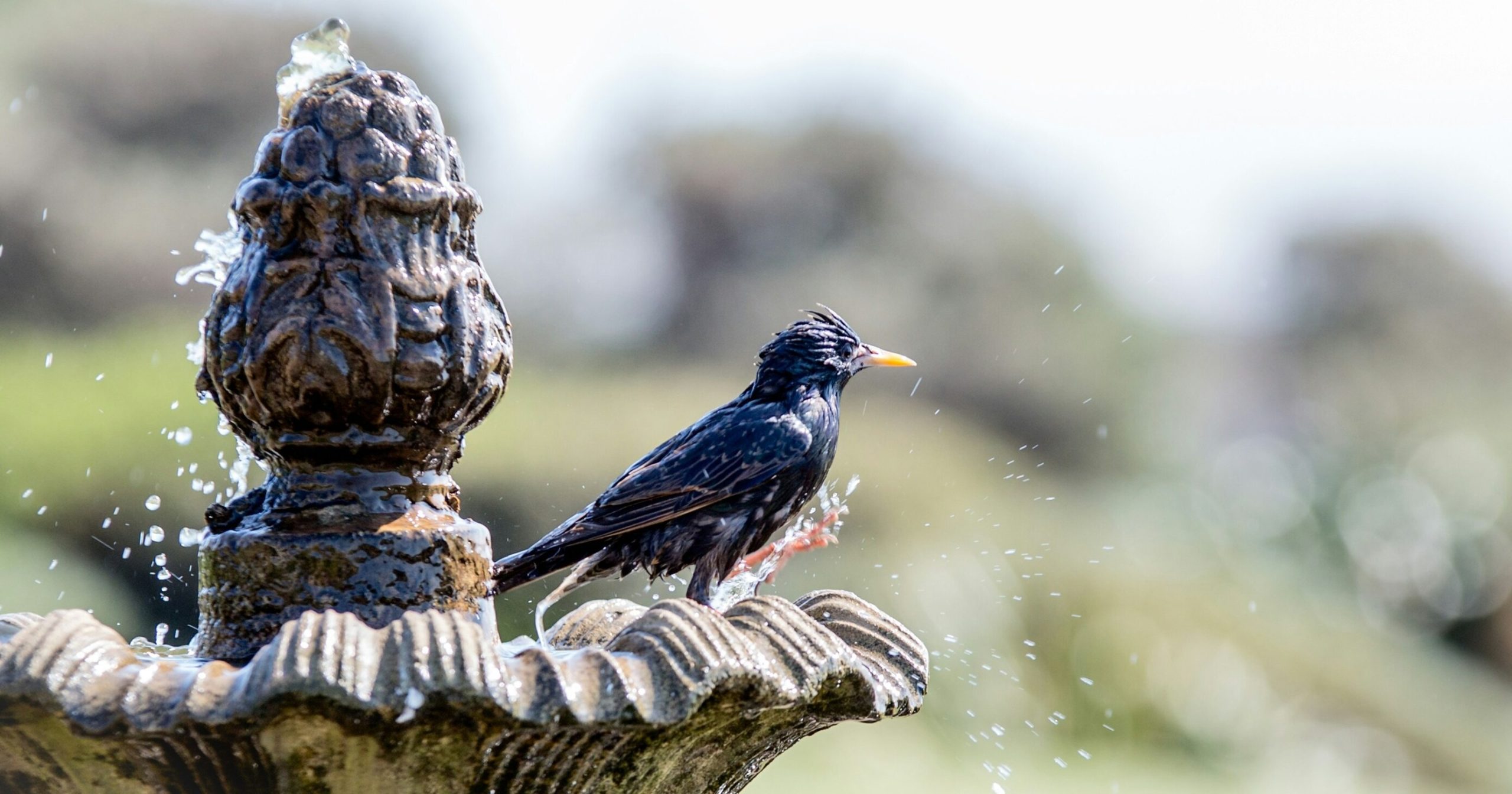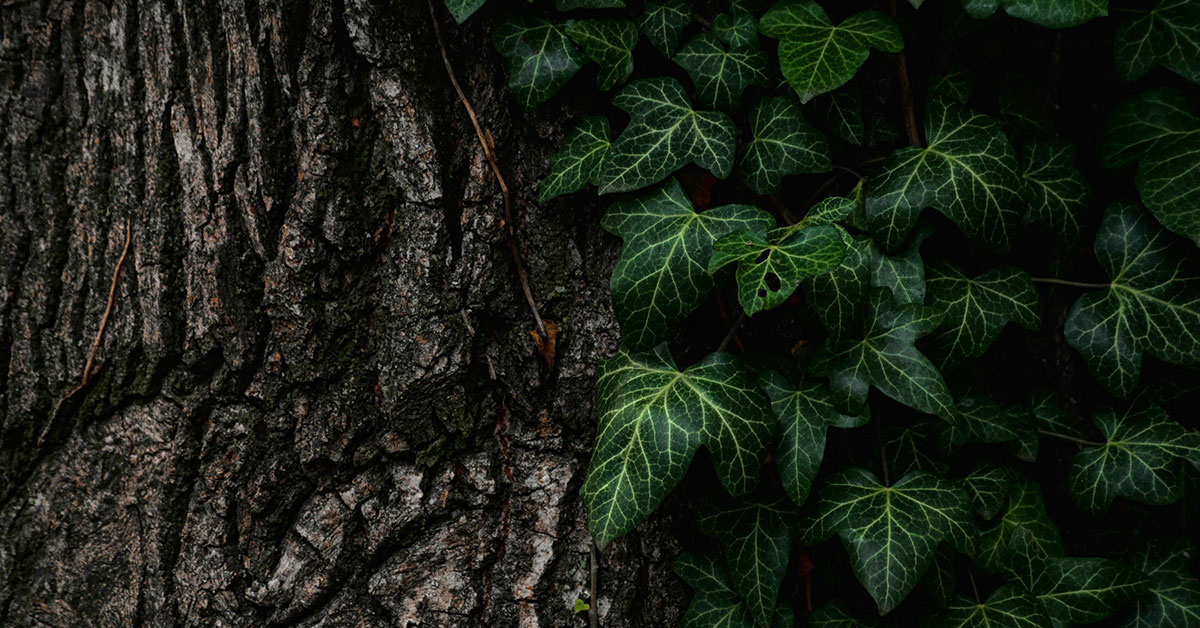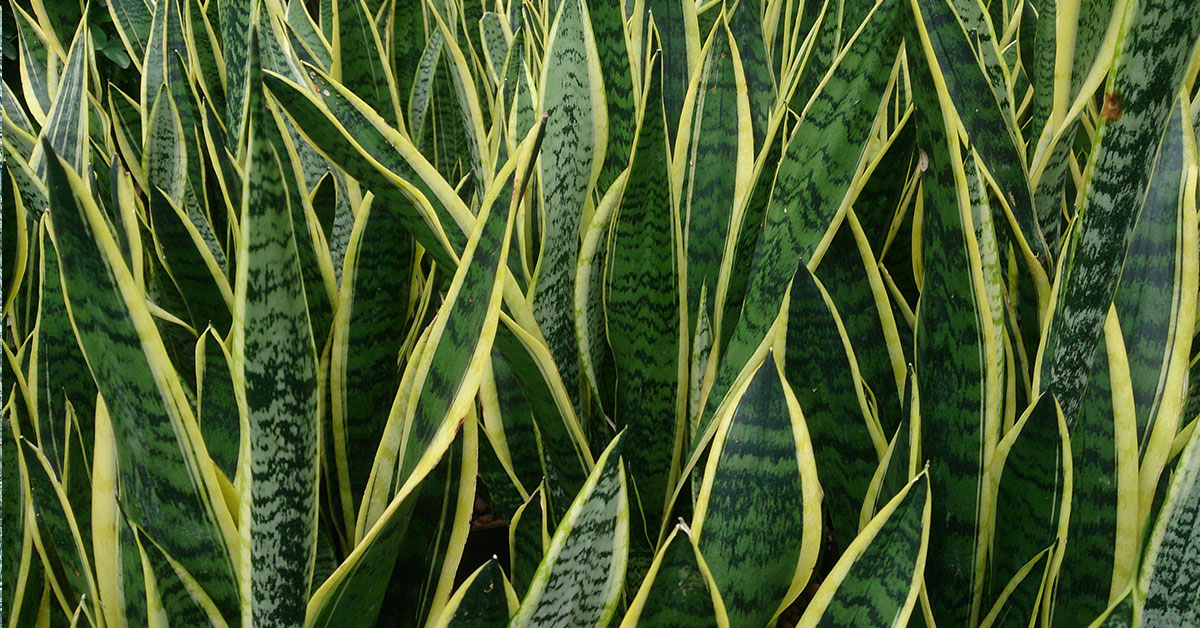There can be a variety of pests to deal with if you have an organic garden. These aggravating bugs can even latch onto houseplants if left out in the open for too long. The scale bug can come in three species that should be dealt with as soon as possible upon discovery. These types of pests can sometimes look like tics but usually come in swarms on the stems of plants. Scale insects are small in appearance with a brown or tan shell that kind of resembles a scale. They prey on the joints and undersides of leaves, sucking all of the sap out of the plant which deprives it of essential nutrients.
What Are Scale Bugs?
These pests vary in appearance and are typically pretty small. Luckily, after reading this article you will be able to identify each type of pest and how to deal with them effectively. The mealybug and soft scale are usually the worst for growing plants as they tend to cluster and drain the life of every plant they latch onto rapidly. These pests can be hard to detect if you don’t know what to look for. These insects are about the same size as aphids. However, when there are so many they begin to cluster you’ll know immediately that you have an infestation. As we mentioned before, scale bugs come in the typical three species. The soft scale, armored scale, and mealybug types. Each species of scale insect can do damage to a plant in different ways.
Scale Bugs Favorite Plants To Infest And What To Look For
Soft Scale – It will be fairly obvious when your plant has a soft scale infestation. This pest in particular excretes an incredible amount of honeydew. This is the byproduct of the insect as they devour the plant. These bugs locate the vascular systems of their host plant and leech the life out. This can cause an immediate reaction in the plant as it will begin to wilt, leaves turning yellow, and overall health looks like it’s declining. If the honeydew is left on the plant for too long, it can cause sooty mold to appear on the plant as well. This can affect the photosynthesis process of the plant.
Armored Scale – You may not actually notice when a plant is infested with armored scale bugs compared to soft scale. The reason is that this type of pest doesn’t target the vascular system directly. Instead, these insects devour wherever they’re currently latched onto. They actually prefer to find a spot and hold onto it forever. Some armored scales, typically the females, eventually lose their appendages as they permanently latch onto their host plant. One of the other reasons why armored scales are harder to detect is their lack of honeydew production. Since they are only devouring the one spot of the plant they do not consume water as much as the soft scale. However, you will still notice a dramatic change in your plant’s overall health the more armored scales infest it.
Mealybugs – This variant of scale bug loves to target houseplants in particular. Their camouflage is also very effective as they are often mistaken for cotton or fuzz. At the same time, now that you know these bugs literally look like tiny cotton balls, it should be easier to tell if your plant has a mealybug infestation. Mealybugs love to produce honeydew and leave white powdery residue behind where they’ve been on your plant. They devour plants almost the same way that soft scales do, by draining the plant of essential nutrients and liquids. Just like the other species, if they can cluster on a plant it won’t take long for them to completely suck the life out of their host.
How To Prevent Infestations
Soft scale bugs typically love drought-stressed plants the most as they are the easiest to devour. Plants that have to fight for liquids in competition with scale bugs to survive can kill the plant extremely fast. Be sure that you are checking the undersides of leaves and joints of your plants if you suspect anything. You will also need to determine just how bad the scale infestation really is. There are some infestations of these pests where you might just have to throw away the entire plant or plants. Scale infestations can last for a very long time depending on how many plants are infested as they love to migrate to surrounding hosts.
There are some insecticides that people use such as neem oil. This is considered to be a non-toxic/food-safe product and won’t damage the plant in order to kill off pests. However, you may want to treat your infested plants multiple times for about a month or more if you wish to see results. You can also try using a homemade solution of one part alcohol and three parts water with cotton swabs. Dip the swabs into the solution and try lightly brushing off the scale bugs without damaging your plant. You’ll want to coat each scale bug with the solution to thoroughly kill them off. It may also be a wise decision to test either the neem oil or your homemade solution on one part of the plant to test how effective these solutions are.
Good luck and may your future gardening days be pest-free!


